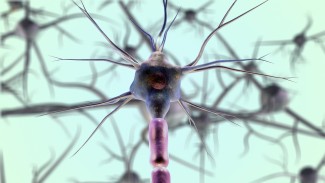
When brain oxygenation is cut off for a prolonged period, the electrical activity of the cerebral cortex is quickly reduced to zero. But that’s not the end of the story… Researchers at Paris Brain Institute, coordinated by Séverine Mahon, have shown...
12.13.2023
Research, science & health
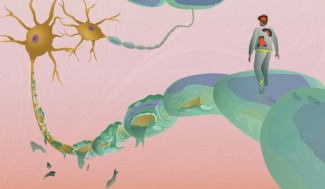
What if the biological mechanisms that cause multiple sclerosis were triggered years before clinical diagnosis? This is what a team at Paris Brain Institute suggests in a new study published in Neurology. The researchers show that, on a population...
12.06.2023
Research, science & health
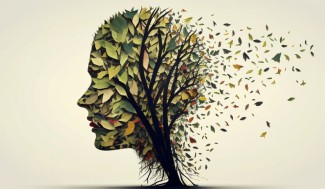
An Intellectual Development Disorder (IDD) is a cognitive skills development disorder beginning in early childhood. Despite advances in genetics, in around 50% of cases the cause of this neurodevelopmental disorder is still not identified. The ENCode...
11.30.2023
Support
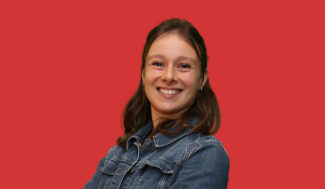
On Thursday October 5, Camille Lakhlifi, a Université Paris Cité's PhD student at Paris Brain Institute (CNRS/Inserm/Sorbonne Université) won 1st prize from the jury at the international final of "Ma thèse en 180 secondes", the popular science...
11.23.2023
Portraits

The European Research Council (ERC) has just published the list of recipients of "Consolidator grants" for 2023. Nicolas RENIER, a researcher at the Institut du Cerveau, has been awarded this prestigious label.
11.23.2023
Institutional
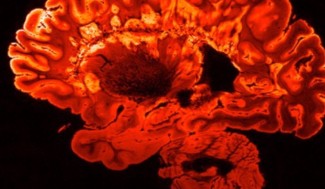
The Brain Fund, a private equity co-investment fund, aims to secure sustainable funding for Paris Brain Institute to support its research teams’ projects and drive the development of new treatments for nervous system disorders. Managed by the Impact...
10.30.2023
Support
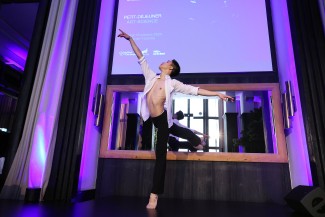
In partnership with the Paris+ par Art Basel contemporary art fair, the 12th edition of the Art-Science Breakfast took place on October 18, 2023 at Café de l’Homme. Thanks to support from the NRJ Foundation at Institut de France and the incredible...
10.20.2023
Support
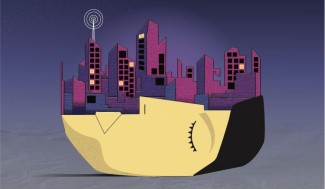
Sleep is not a state in which we are completely isolated from our environment: while we sleep, we are capable of hearing and understanding words. These observations, the result of close collaboration between teams at Paris Brain Institute and the...
10.12.2023
Research, science & health

In recent years, interest in psychedelics and their possible benefit in treating psychiatric illnesses has been revived. Expectations are high, especially in obsessive-compulsive disorder, where patients’ therapeutic options are still limited. At...
10.11.2023
Research, science & health

Thanks to the generous support of the Marie-Françoise Parayre Chaufour Foundation, Paris Brain Institute has launched an ambitious program to encourage international scientific innovation.
09.15.2023
Support

For the past nine years, Crédit Mutuel Nord Europe (CMNE) and La Française Asset Managers (AM) have been supporting Paris Brain Institute through a creative and concerted patronage policy.
09.11.2023
Support

“ Think of a white sandy beach on a paradise island. Can you see it?” The ability to visualize a place, object, or place on request varies significantly between individuals. But some people cannot conjure up mental images at all: this trait is known...
09.08.2023
Research, science & health

